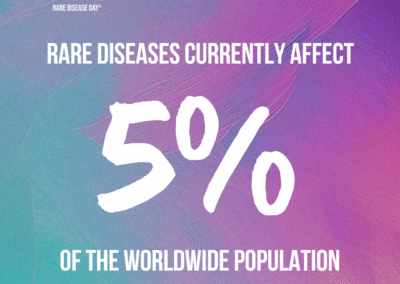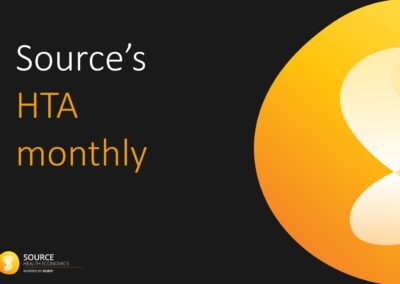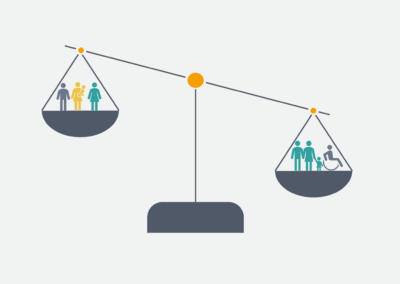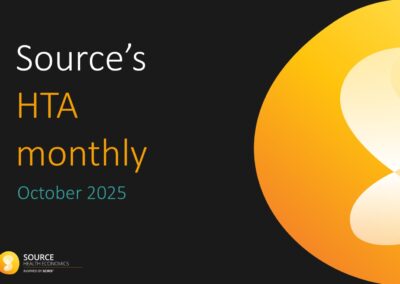Written by Beth Hancock, Senior Consultant Health Economist
Pharmaceutical companies often develop global cost-effectiveness and budget impact models, with the aim of adapting them for specific countries. In principle, this is an efficient and streamlined process, but the challenge of developing a single model for diverse healthcare systems and health technology assessment (HTA) processes means that it’s rarely straightforward.
Those familiar with the development of global models might recognise the following pitfalls:
- Sharing a finalised global model with participating countries, only to find that a further change is required after adaptations have already begun
- Learning that a key comparator for a subset of countries has not been included when the global model is close to finalisation
- Including a complex modelling component to meet the needs of a specific country that is a hindrance to other countries and is difficult to remove without breaking the model
- A country is close to submission and wishes to know the feedback from other HTA bodies on a key model uncertainty, but a centralised repository of feedback from completed and ongoing HTA appraisals does not exist.
Successful global models, on the other hand, minimise the time, effort, and resource required across both the participating countries and the global team, and give each country a strong starting position for reimbursement success. But how can this be done?
The team at Source Health Economics has developed global economic models across cardiovascular disease, oncology, muscular dystrophy, liver disease, haemophilia, retinal conditions, and skin conditions. In the process, we have established a set of guiding principles to develop a successful global model (provided in the table below). You will note that some of these principles apply to the development of all models, but the impact of errors or mis-steps is amplified in a model distributed globally. As we continue to work with our clients on the development of these models, we expect this list to grow, adapt, and evolve as we face new challenges and identify new solutions – but for now, we hope you find this useful.
If you would like to learn more about global economic models or discuss a current challenge, please contact us at Source Health Economics, an independent consultancy specialising in evidence generation, health economics, and communication.





